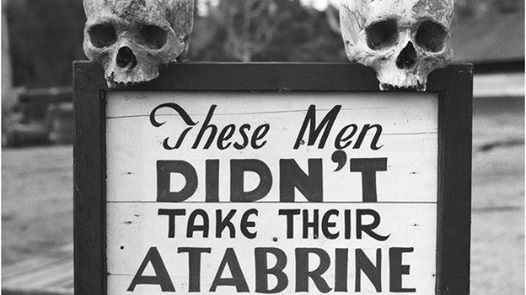Creative Circle Judging
I’m in the middle of judging this year’s Creative Circle awards.
Game Of Thrones series three, episode two just finished, so I decided to judge the Charity Posters category.
I might watch episode three then judge Press Campaigns.
This enormous convenience is possible because I’ve just been sent the links to do it online. My carefully considered decisions will then be passed on to the Gold Jury, who I believe will allocate the big awards in a more conventional manner (in the conference room of a big ad agency).
Jeremy from Creative Circle informs me that ‘This year we have 425 judges across 3 rounds. In round one any UK employed creative can register to judge. The only reason I need to say ’employed’ is to enable me to verify that they are indeed employed as a creative and not an aspiring creative. Round 2 has over 120 senior creatives judging and in the final Gold round we have 4 Juries. (1) Film and Film Craft. (2) Press, Outdoor and Radio. (3) Design and non film Craft. (4) Digital, Direct and Experiential. Every category has a Gold award allocated, whether the work is Gold worthy or not is yet to be seen. What I am hoping to achieve from this is the fairest voting system in the land where winning a Creative Circle Gold means something. I want to dilute the politics and prejudice that seems to poison other juries. I want the winning work to be a result of the collective opinion of the creative community.’
I can see where he’s coming from. Politics, bias and all that jazz are difficult to entirely avoid in the usual judging system, whether that’s because people feel like they ought to be more polite about the work if someone vaguely attached to it is in the room (people are supposed to leave the room during those discussions, but they often don’t ), or because there’s an agreement to block vote against a certain piece of work (definitely happens). Now there are so many preliminary judges and the voting is done so anonymously that much of the scope for that is gone. I suppose there is still a little scope for such corruption on the Gold jury, but you need the experts in each category to attend the final discussions so they can give the necessary information on how good a piece of sound design or digital gubbins might be.
But how do you feel about it? Do you prefer 8 blokes (usually) in a room with all the possible corruption that entails, or does anonymous and faceless rock your world a tad harder?

